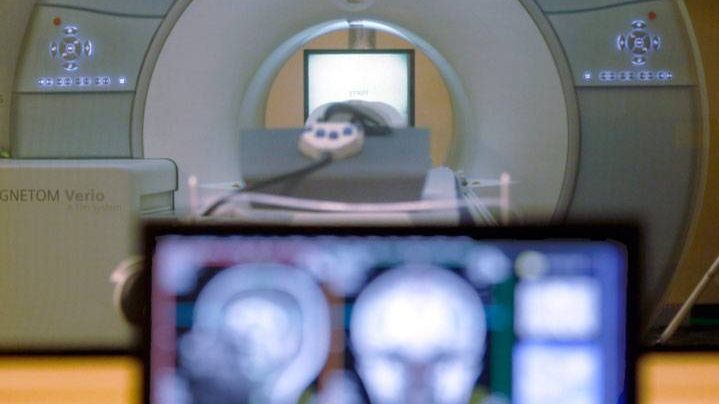Saskatchewan’s Health Minister says he’s concerned that federal transfer dollars will be at risk if the province doesn’t re-examine their current funding model for MRIs.

“I’ve sent a letter, a little while ago to the federal minister asking her for the opportunity to meet and discuss this,” said Jim Reiter. “Here’s where I’m very hopeful that common sense will prevail.”
The Canada Health Act states that starting April 1, jurisdictions across Canada will have to provide free MRIs as a way to protect Canadians from paying out of pocket for medicare.
This goes against legislation passed by the Saskatchewan government in 2015 that allowed people to pay for MRIs. Based on the funding model, private clinics must provide a second scan to a patient on the public waitlist at no charge.
“Every MRI that’s done privately takes another one off the public cue without being paid for by tax dollars,” Reiter said.
“If anything I think it’s beneficial to the public queue. If the federal government is going to force us to do what the other provinces are doing, I think it’d be a step backwards.”
In 2016, the federal health minister Jane Philpott warned the Saskatchewan government to “put an end” to the province’s private-pay MRI system.
Philpott said healthcare is based on necessary care and not based on who has the funds to get to the front of the line.
- Buzz kill? Gen Z less interested in coffee than older Canadians, survey shows
- Naloxone-resistant street drug linked to 9 deaths in Eastern Canada seized in Alberta
- Bird flu risk to humans an ‘enormous concern,’ WHO says. Here’s what to know
- ‘She gets to be 10’: Ontario child’s heart donated to girl the same age
NDP Leader Ryan Meili said he supports the federal government’s mandate.
“I support the Canada Health Act because I support patients being seen based on their need, not their ability to pay and not going down the road where the ones who can pay get the best care,” Meili said.
The Saskatchewan government implemented its MRI model as a way to get people off the waitlist. However, demand continues to increase.
“We’re concerned. What’s happened in the last three years is we increased capacity by 11 per cent but…referrals are up by 18 per cent. The waitlists are increasing,” Reiter said.
The health minister said this is a result of an ageing population and MRIs becoming the “go-to test”. To address the demand, the province recently extended MRI services in Saskatoon and Regina.
Reiter hasn’t heard back from the federal health minister, but he’s confident the government won’t start “clawing back money” until 2022.
“They’re saying April 1, but essentially that’s when they’re going to have the clock start ticking,” Reiter said.
“We’ve got some time to make our case here.”




Comments